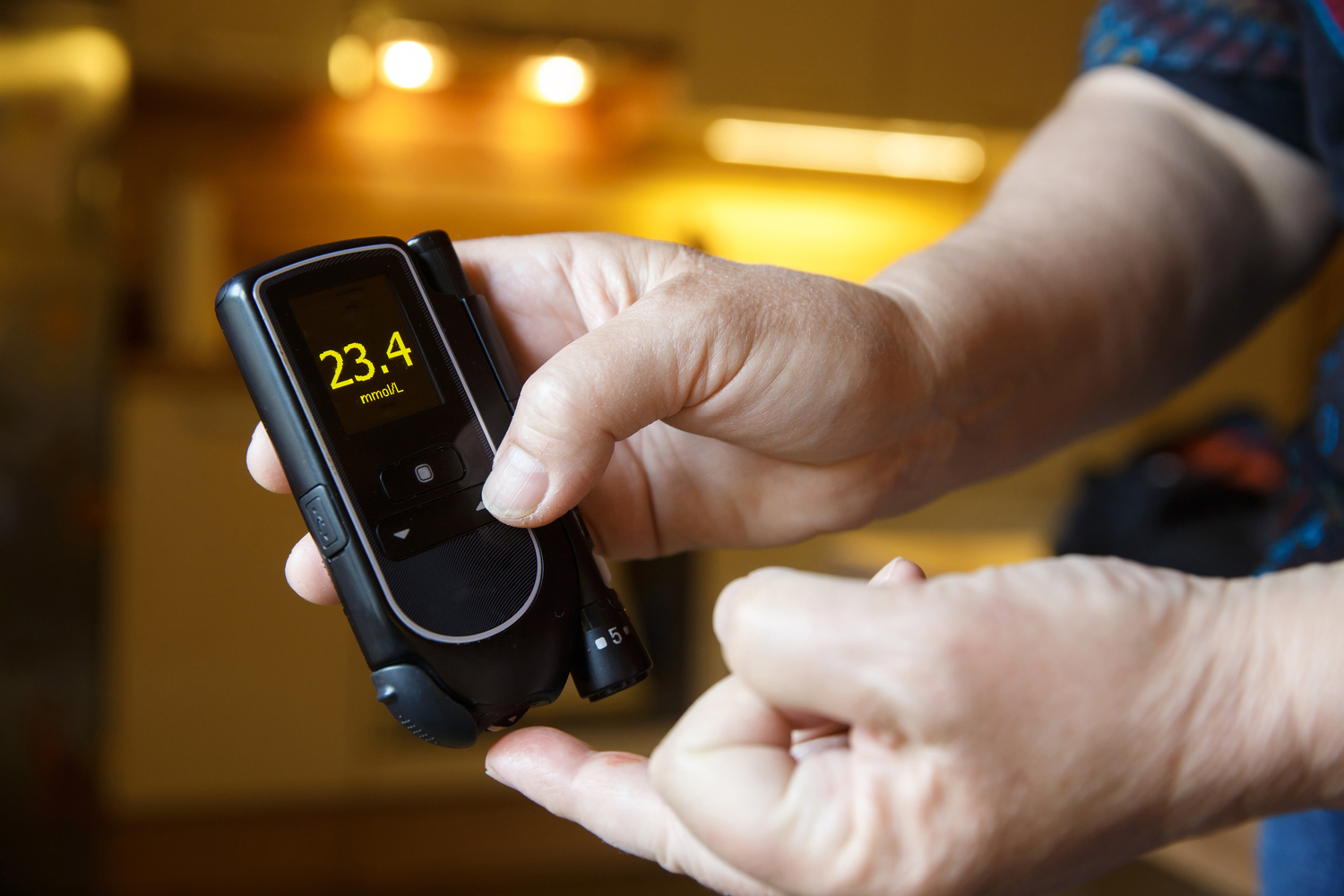
5 Early Warning Signs Of Diabetes
Navigating the nuances of diabetes, especially when considering type 1 diabetes, necessitates a keen awareness of the symptoms, signs, and risk factors associated with this chronic condition. If you have a family history of type 1 diabetes or are concerned about your susceptibility, recognizing the telltale signs is paramount. In this comprehensive guide, we delve into the symptoms of type 1 diabetes, the familial link to this condition, the crucial signs that demand attention, and the significance of regular diabetes screening for those at risk. By exploring the risk factors and causes of type 1 diabetes, individuals can proactively engage in preventative measures and early detection, fostering a proactive approach to overall health and well-being.
1. Excessive thirst (polydipsia)
One of the early signs of diabetes, especially type 1 diabetes, is excessive thirst. Individuals may find themselves unusually parched and constantly reaching for fluids. This heightened thirst, known as polydipsia, occurs as the body tries to eliminate excess glucose through increased urination, leading to dehydration. If you notice an unexplained and persistent need for more fluids, it’s a signal that your body might be grappling with blood sugar imbalances.
2. Frequent urination (polyuria)
Frequent urination, or polyuria, is another common symptom of diabetes, particularly in its early stages. As the body attempts to remove excess glucose through urine, individuals may experience an increased need to visit the restroom. This can disrupt sleep patterns and daily activities. If you find yourself making more trips to the bathroom than usual, especially coupled with excessive thirst, it’s essential to consider the possibility of diabetes.
3. Sudden weight loss
Unexplained weight loss, despite maintaining a regular diet, can be a warning sign of diabetes. In type 1 diabetes, the body may start breaking down muscle and fat for energy, resulting in unintentional weight loss. This occurs when the body’s cells are deprived of glucose due to insufficient insulin. If you notice a significant and abrupt drop in weight without changes to your eating or exercise habits, it’s crucial to consult a healthcare professional for further evaluation.
4. Persistent fatigue
Diabetes can lead to persistent fatigue and a feeling of overall weakness. The lack of effective glucose utilization by the body’s cells, a hallmark of diabetes, contributes to this sense of tiredness. Individuals with diabetes may find themselves lacking energy even after adequate rest. If you’re experiencing prolonged fatigue that doesn’t improve with sleep or rest, it’s a symptom worth investigating, especially if other signs of diabetes are present.
5. Increased hunger (polyphagia)
Polyphagia, or increased hunger, is another early warning sign of diabetes. Despite consuming regular meals, individuals may feel a constant and insatiable hunger. This heightened appetite results from the body’s inability to use glucose efficiently for energy. As a result, even though there may be sufficient glucose in the bloodstream, the cells are deprived, signaling the brain to increase hunger. If you find yourself experiencing persistent hunger pangs, particularly alongside other symptoms, it warrants attention and potential screening for diabetes.
Recognizing the early warning signs of diabetes, especially in the context of type 1 diabetes, empowers individuals to seek timely medical attention and adopt effective management strategies. Symptoms such as excessive thirst, frequent urination, sudden weight loss, persistent fatigue, and increased hunger should not be ignored. Regular diabetes screening, especially for those at risk due to family history or other factors, plays a pivotal role in early detection and intervention. Prioritizing awareness and proactive healthcare measures can contribute to better outcomes for individuals managing diabetes.


